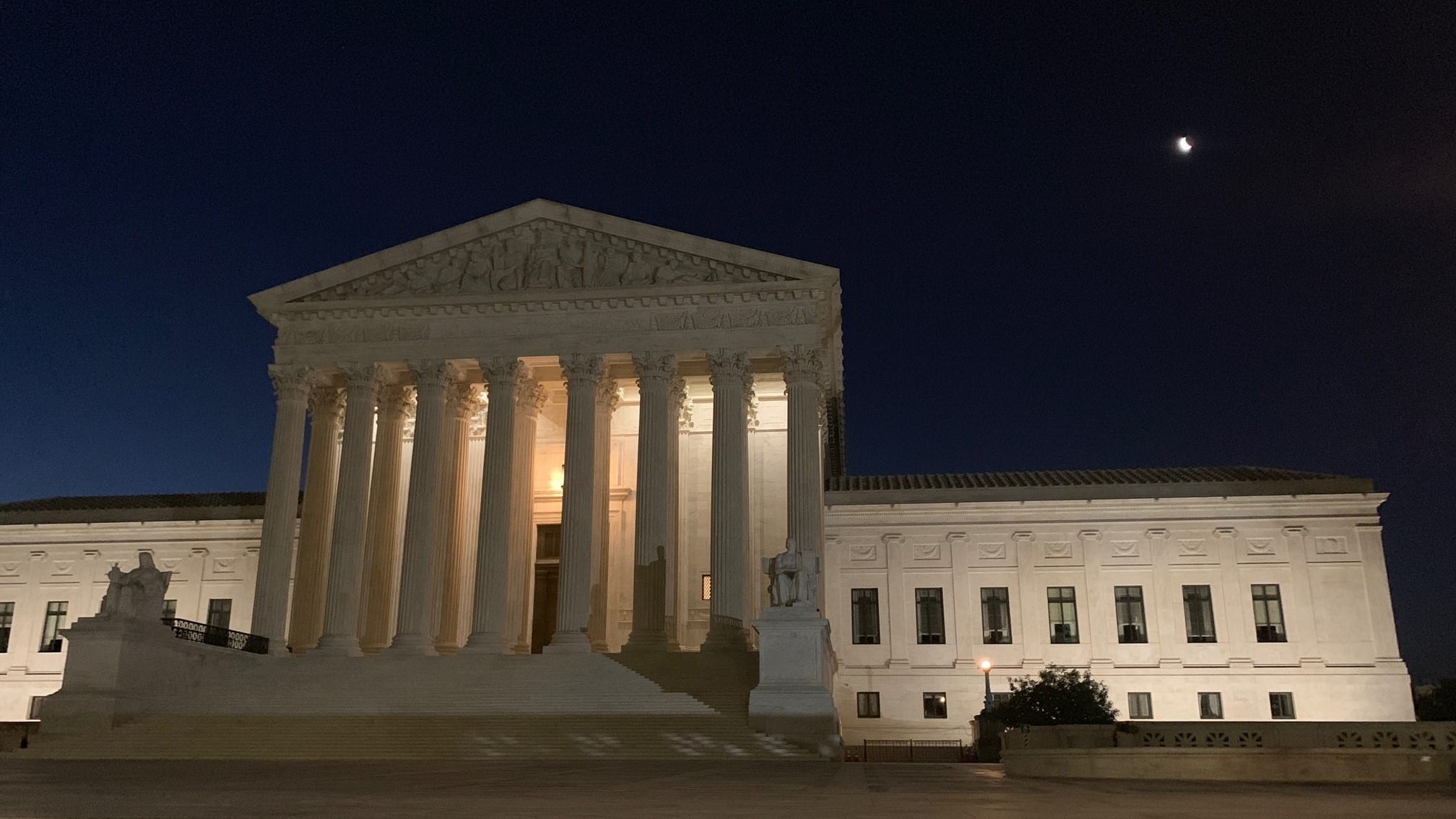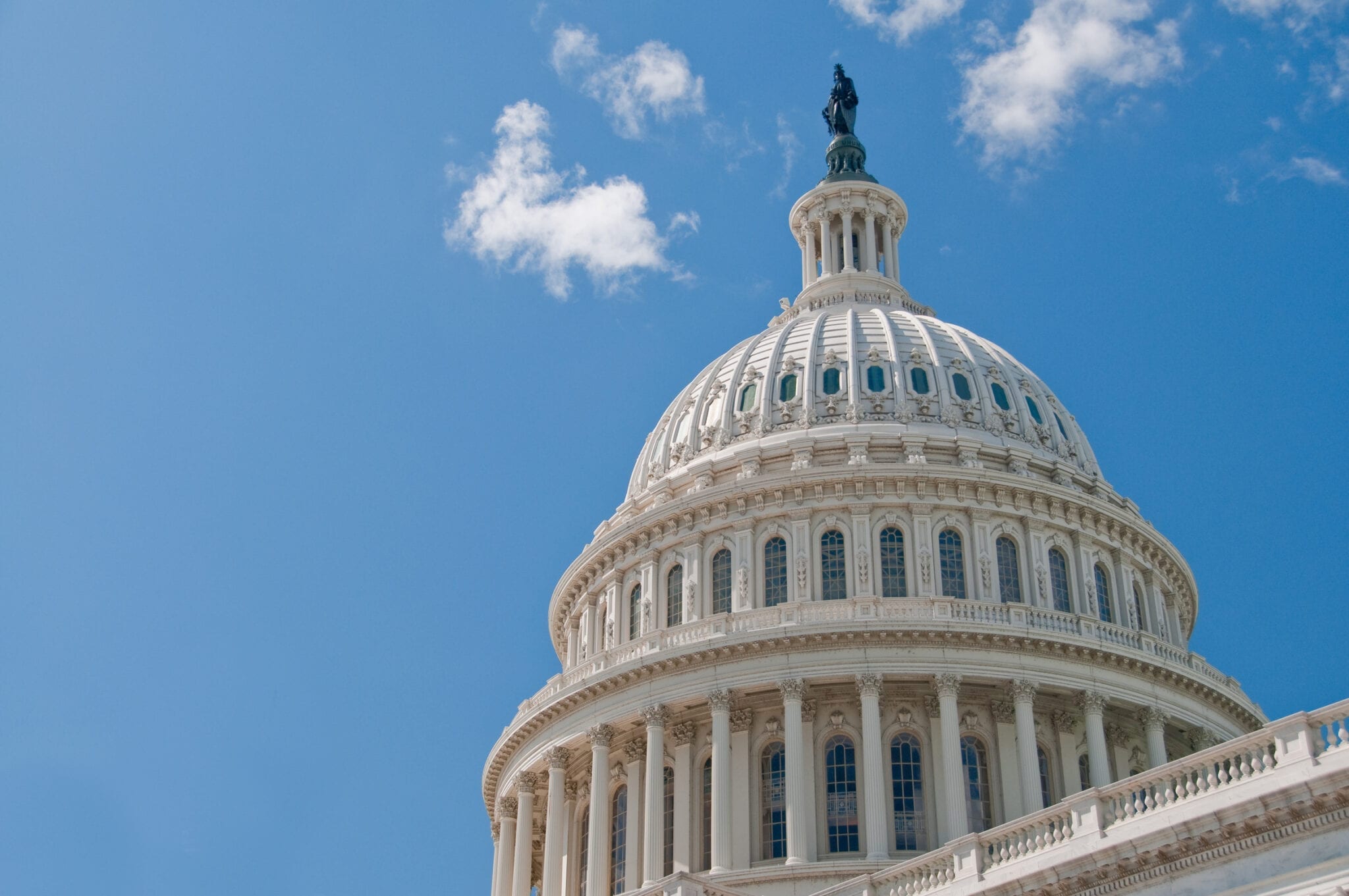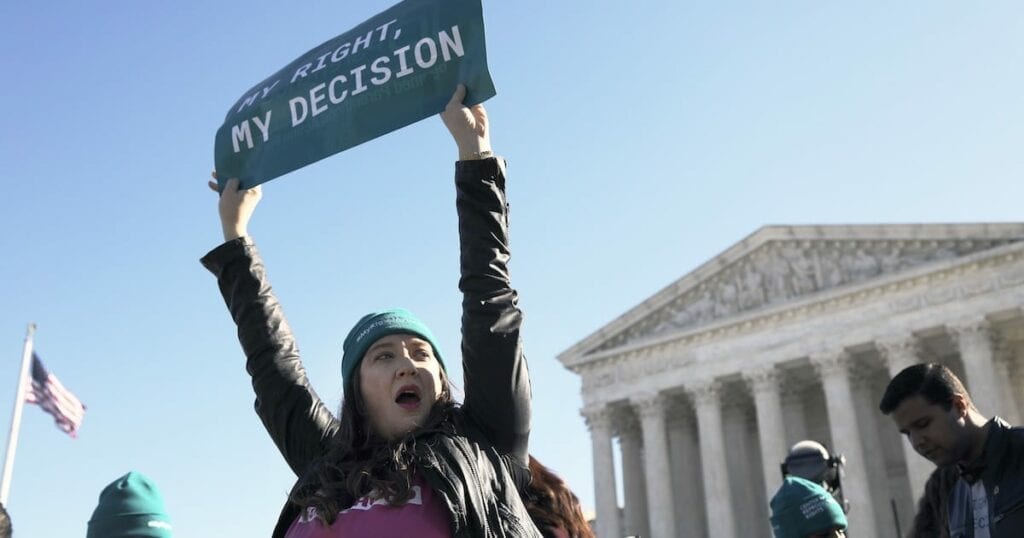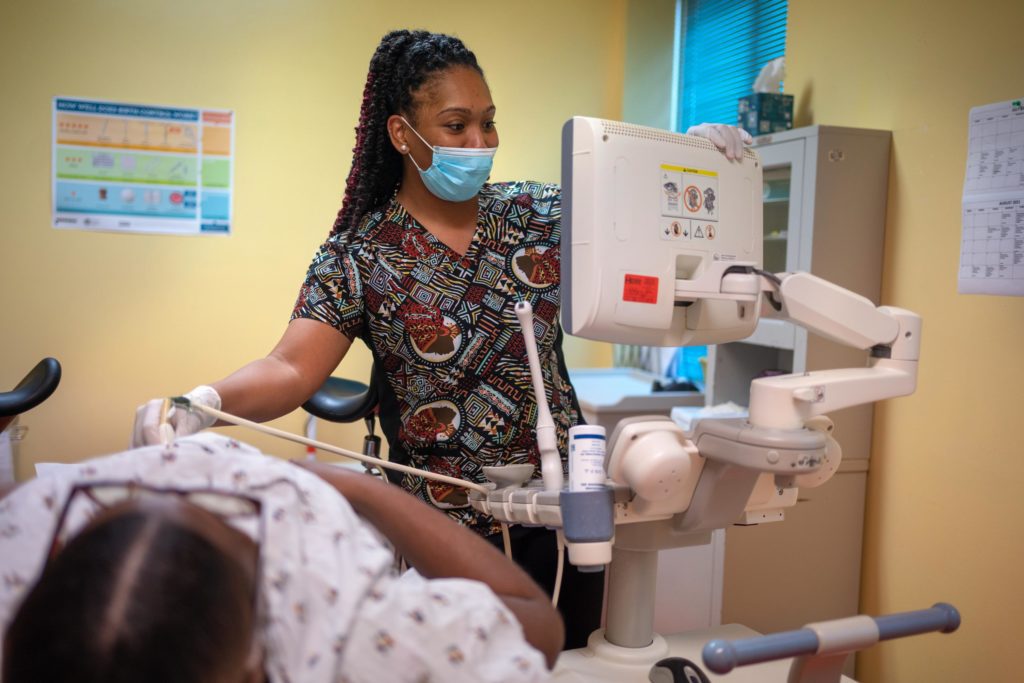Thousands of Voices Urge U.S. Supreme Court to Strike Down Mississippi Abortion Ban and Protect the Right to Abortion
Citing decades of precedent and the harm of abortion bans, people impacted by bans and experts in law, reproductive justice, medicine, and human rights submit “friend-of-the court” briefs supporting the Center’s case.

A broad range of legal, medical, and justice experts—and people and communities impacted by abortion access and restrictions—filed “friend-of-the-court” briefs yesterday urging the U.S. Supreme Court to strike down Mississippi’s 15-week abortion ban and protect the right to abortion.
The briefs—citing the harm of abortion bans and the need for the Supreme Court to adhere to decades of precedent on abortion rights—were submitted in Dobbs v. Jackson Women’s Health Organization, a case challenging the ban brought by the Center for Reproductive Rights and its co-counsel. The case will be argued at the Supreme Court on December 1, 2021.
Representing nearly ten thousand individuals, hundreds of organizations, and over a thousand government officials, more than 50 briefs were submitted on behalf of:
- Experts in areas such as constitutional law, history, international human rights, public health, medicine, economics, civil rights, and Reproductive Justice.
- A broad range of people—including professional athletes, women lawyers, and young women—who have relied on having the right to abortion to pursue their goals, as well as people in every state who have had abortions.
- Professional organizations and groups representing Black women and other communities most impacted by abortion restrictions in Mississippi and nationwide.
- Officials from state, local, and federal governments.
Stakes are Higher Than Ever for Abortion Rights
Dobbs v. Jackson Women’s Health Organization represents the first time since Roe v. Wade in 1973 that the Supreme Court will review the constitutionality of a pre-viability abortion ban. Since Roe, the Court has repeatedly reaffirmed Roe’s core holding that prior to viability, every person has the right to decide to terminate their pregnancy.
WHPA would protect abortion access in the U.S.
Women’s Health Protection Act (WHPA)
WHPA is federal legislation that would protect the right to access abortion care throughout the U.S. by creating a safeguard against bans and medically unnecessary restrictions.
The alarming threat to U.S. abortion rights was further raised when, in a separate case, the Supreme Court denied the Center’s request to block a Texas ban on abortion care after approximately six weeks of pregnancy—allowing a clearly unconstitutional law to take effect. Since the Texas ban took effect September 1, almost all abortion care has ended in the state. Designed to avoid judicial review, the Texas law incentivizes private individuals to sue abortion providers and anyone who assists someone in obtaining an abortion after the time limit, which has added to the fear and chaos surrounding the new ban.
“Thousands of individuals from sports, law, medicine, government, and diverse walks of life are stepping forward to have their voices heard by the Supreme Court,” said Nancy Northup, the Center’s President and CEO. “The situation in Texas right now has given us a preview of the chaos that will ensue on an even larger scale nationwide if Roe is overturned. People seeking abortion in the South and Midwest would be forced to travel across the country, and many people would not have the means to do so. We cannot allow this to become our reality.”
Voices Emphasize Harm of Abortion Bans and the Importance of Abortion Rights to Individuals and Society
Briefs filed in the case represent a broad range of voices—including more than 430 organizations and more than 9,500 individuals–defending the right to abortion from a variety of perspectives, including:
- More than 6,600 individuals who have had abortions joining a brief that shares the experiences of dozens of people about how having access to abortion helped positively shape their lives
- More than 500 athletes—including U.S. Women’s National Soccer team forward Megan Rapinoe, WNBA All-Star Layshia Clarendon, and more than two dozen Olympians—who recount the tremendous growth of women’s athletics since the Roe decision and how autonomy and reproductive freedom are essential for the ability of individuals to participate in athletics and achieve their personal and professional goals.
- Reproductive Justice organizations and scholars, explaining how abortion bans are connected to a legacy of state-sanctioned denials of autonomy, and would, like those, disproportionately harm Black women, people of color, and people having difficulty making ends meet.
- Native American communities, arguing that Mississippi’s abortion ban would exacerbate the harm already done by the federal government’s failure to fulfill its trust obligation to provide reproductive health care to Native people.
- Constitutional law scholars, who describe how the right to abortion is well grounded in the U.S. Constitution and connected to other freedoms; and that upholding the ban would jeopardize those rights and lead to instability and uncertainty in the law.
- U.N. Human Rights experts, who argue that the U.S. would contradict its human rights obligations if it upholds the Mississippi abortion ban.
- American Bar Association and a coalition of women’s bar associations and legal organizations, each arguing that upholding the ban and overturning Roe v. Wade would undermine the rule of law and gender equality.
- More than 230 Senators and members of Congress, urging the Court to uphold precedent and describing how overturning Roe would have long-term health and economic costs that would exacerbate racial and socioeconomic inequities.
- U.S. Solicitor General, representing the Biden administration, urging the Court to stand by decades of precedent and emphasizing the damage to the Court and the country of overturning Roe.
- American Medical Association, American College of Obstetricians and Gynecologists, and other leading medical groups, warning of the ban’s harm to the health of pregnant people, especially those already facing barriers to accessing care.
- Economists who cite research showing how Roe and the right to abortion helped to advance women’s social and economic life, and overruling Roe would impair that progress.
- Nearly 900 state legislators, who argue that upholding the ban would upend the already-precarious patchwork of abortion care nationwide and result in disastrous consequences for people seeking abortions and their families, disproportionately impacting people who already experience barriers to health care access.
“These thousands of voices—including many new ones—demonstrate a groundswell of overwhelming support for abortion rights, liberty rights, and racial, gender, and economic justice,” said Hillary Schneller, Senior Staff Attorney at the Center. “We’re grateful to each of these individuals and groups for supporting this case and making clear to the Supreme Court how important abortion rights are to people’s lives—not just in Mississippi, but throughout the entire country.”
For more information on these and other “friend-of-the-court” briefs filed supporting the Center’s case, click here for the “Amicus briefs” page for the case.
Read more about the case: Dobbs v. Jackson Women’s Health Organization.



